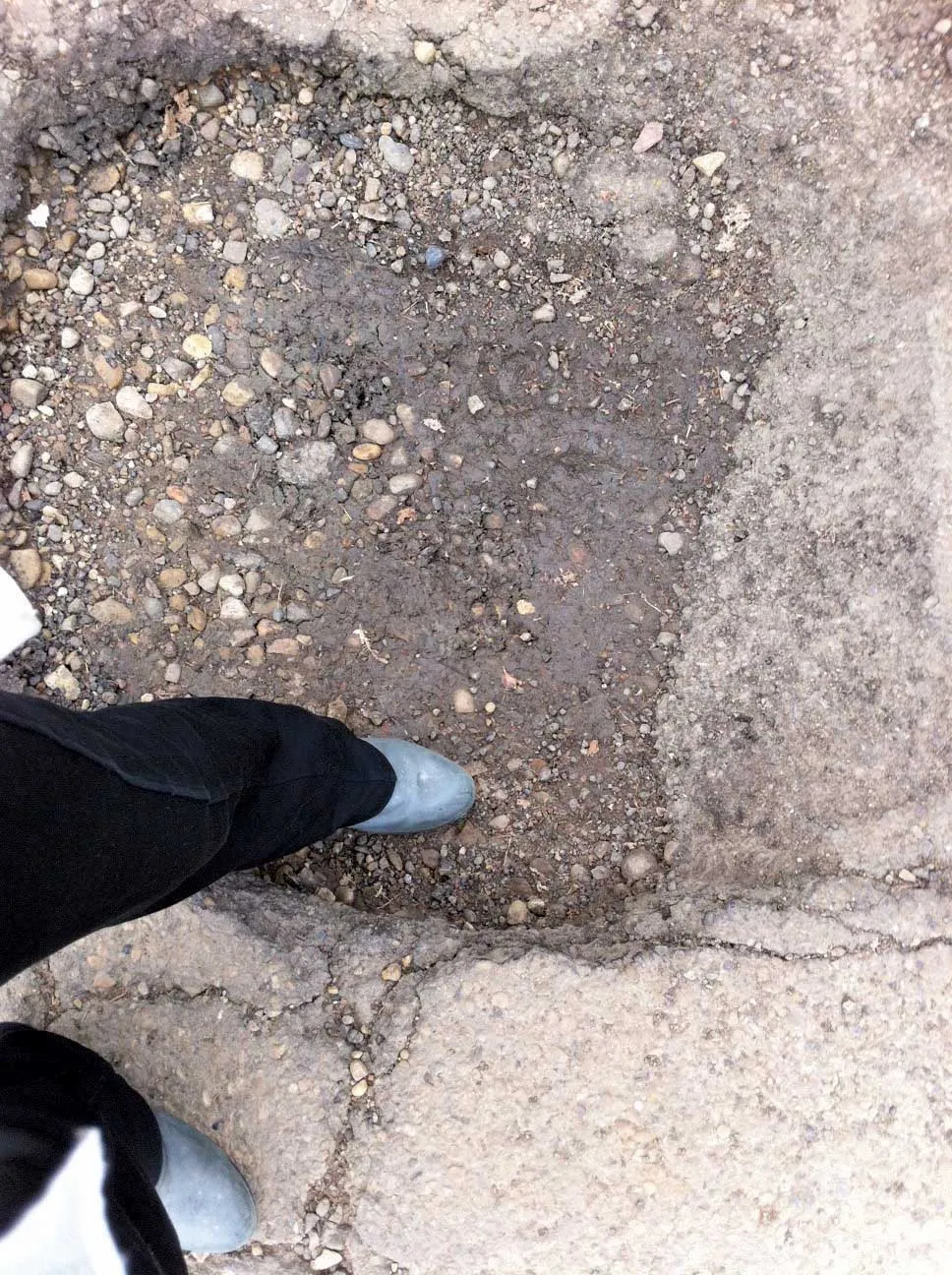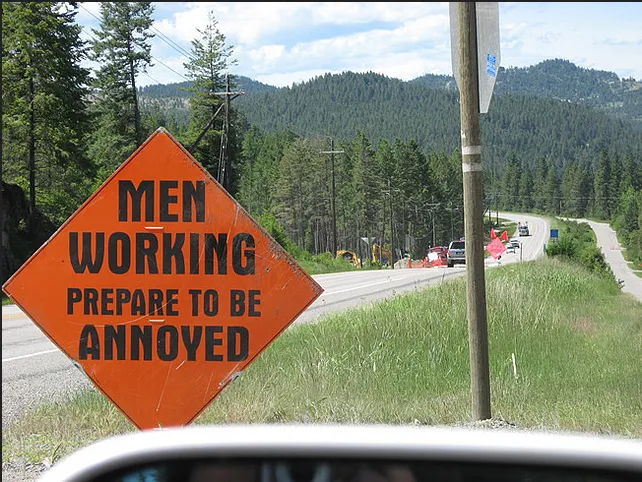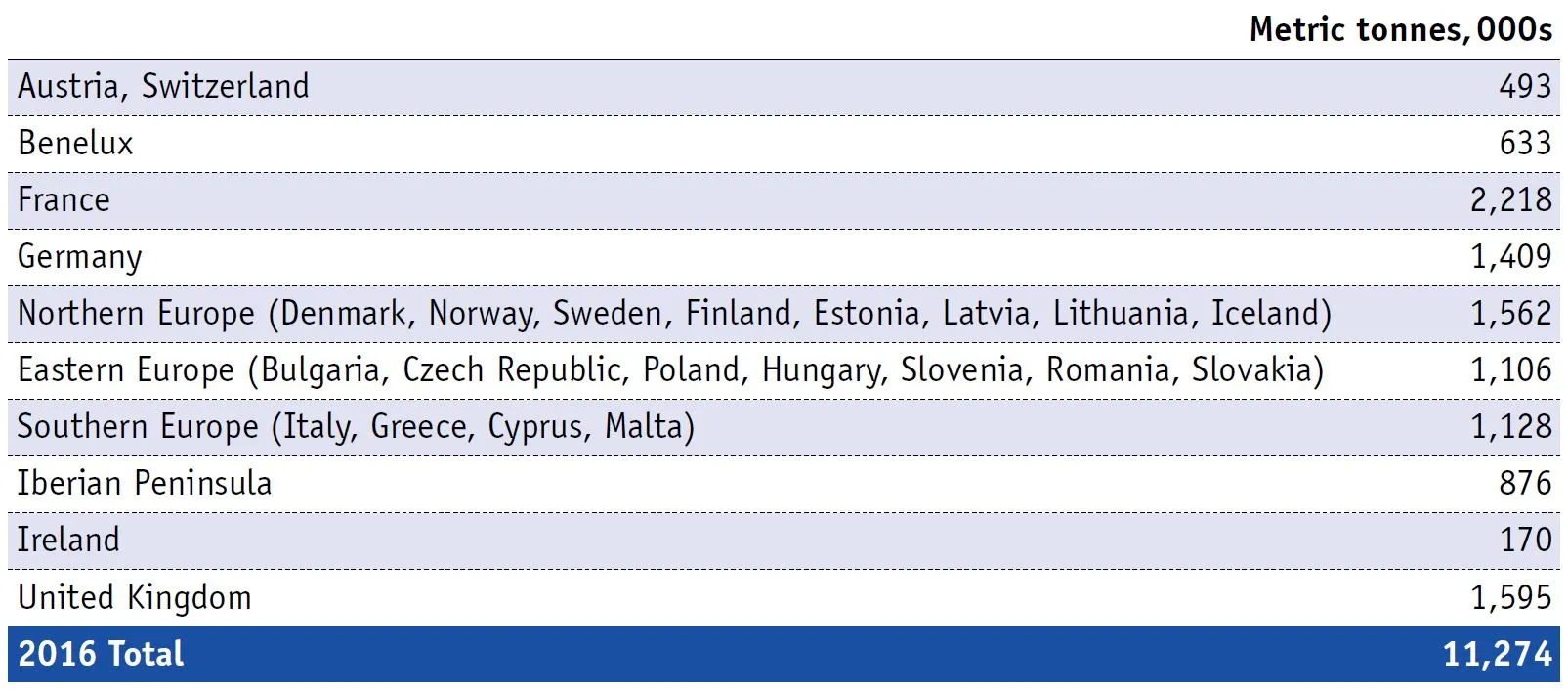With a national UK election looming next month, a future government must make road safety a top priority, said the Institute of Advanced Motorists (IAM).
Half of motorists in a recent survey of 2,156 people, and conducted IAM in March, said the current administration has not given the issue as much attention as is needed.
The number one issue that the government should be focussing on, according to 70% of respondents, is the reduction of the number of potholes.
The backlog of repairs now tops more
April 10, 2015
Read time: 3 mins

With a national UK election looming next month, a future government must make road safety a top priority, said the 5125 Institute of Advanced Motorists (IAM).
Half of motorists in a recent survey of 2,156 people, and conducted IAM in March, said the current administration has not given the issue as much attention as is needed.
The number one issue that the government should be focussing on, according to 70% of respondents, is the reduction of the number of potholes.
The backlog of repairs now tops more than €16.5 billion, according to the1360 Asphalt Industry Alliance (AIA). Money spent on filling 2.7 million potholes in the past year had been “wasted”, said a statement from the AIA.
The next biggest concern for road users was that of general road maintenance, with more than 64% of those surveyed stating this needed more attention.
Third in the list was reducing the number of road accidents and casualties for all age groups, with 52% of respondents saying it should be a greater government concern. Road crashes still cost the UK economy around €21.5 billion.
By September last year, the number of those killed or seriously injured on UK roads has increased by 4% as of September 2014, according to the UK Department of Transport.
IAM is a road safety charity dedicated to improving standards and safety in driving and motorcycling.
“Cuts in visible policing and road safety spending have had an impact. While these figures cannot be regarded as a trend, they are a major concern that the new Parliament must address,” said Neil Greig, IAM director of policy and research.
The fourth aspect of motoring life respondents wanted to see changed was the driving test. The survey revealed over 41% of motorists thought the UK driving test is not fit for purpose and they would like to see the government make it more relevant to today’s driving conditions.
IAM wants the introduction of theory and hazard perception tests,. a practical driving test that includes high-speed roads and a graduated licencing system that ensures new drivers undertake a minimum learning period prior to taking the practical test.
Rounding out the top five issues was 39% respondents wanted to see an increase in sentences for those guilty of serious motoring offences.
The ALARM report by the Asphalt Industry Alliance I available by %$Linker:2 External <?xml version="1.0" encoding="utf-16"?><dictionary /> 0 0 0 oLinkExternal clicking here Visit ALARM survey 2015 page false http://www.asphaltindustryalliance.com/news-press.asp?info=ALARM+survey+2015 false false %>.
Reported road casualties in Great Britain Annual report is available by %$Linker:2 External <?xml version="1.0" encoding="utf-16"?><dictionary /> 0 0 0 oLinkExternal clicking here View Great Britain Annual report false https://www.gov.uk/government/uploads/system/uploads/attachment_data/file/9275/rrcgb2011-02.pdf false false %>
Half of motorists in a recent survey of 2,156 people, and conducted IAM in March, said the current administration has not given the issue as much attention as is needed.
The number one issue that the government should be focussing on, according to 70% of respondents, is the reduction of the number of potholes.
The backlog of repairs now tops more than €16.5 billion, according to the
The next biggest concern for road users was that of general road maintenance, with more than 64% of those surveyed stating this needed more attention.
Third in the list was reducing the number of road accidents and casualties for all age groups, with 52% of respondents saying it should be a greater government concern. Road crashes still cost the UK economy around €21.5 billion.
By September last year, the number of those killed or seriously injured on UK roads has increased by 4% as of September 2014, according to the UK Department of Transport.
IAM is a road safety charity dedicated to improving standards and safety in driving and motorcycling.
“Cuts in visible policing and road safety spending have had an impact. While these figures cannot be regarded as a trend, they are a major concern that the new Parliament must address,” said Neil Greig, IAM director of policy and research.
The fourth aspect of motoring life respondents wanted to see changed was the driving test. The survey revealed over 41% of motorists thought the UK driving test is not fit for purpose and they would like to see the government make it more relevant to today’s driving conditions.
IAM wants the introduction of theory and hazard perception tests,. a practical driving test that includes high-speed roads and a graduated licencing system that ensures new drivers undertake a minimum learning period prior to taking the practical test.
Rounding out the top five issues was 39% respondents wanted to see an increase in sentences for those guilty of serious motoring offences.
The ALARM report by the Asphalt Industry Alliance I available by %$Linker:
Reported road casualties in Great Britain Annual report is available by %$Linker:







